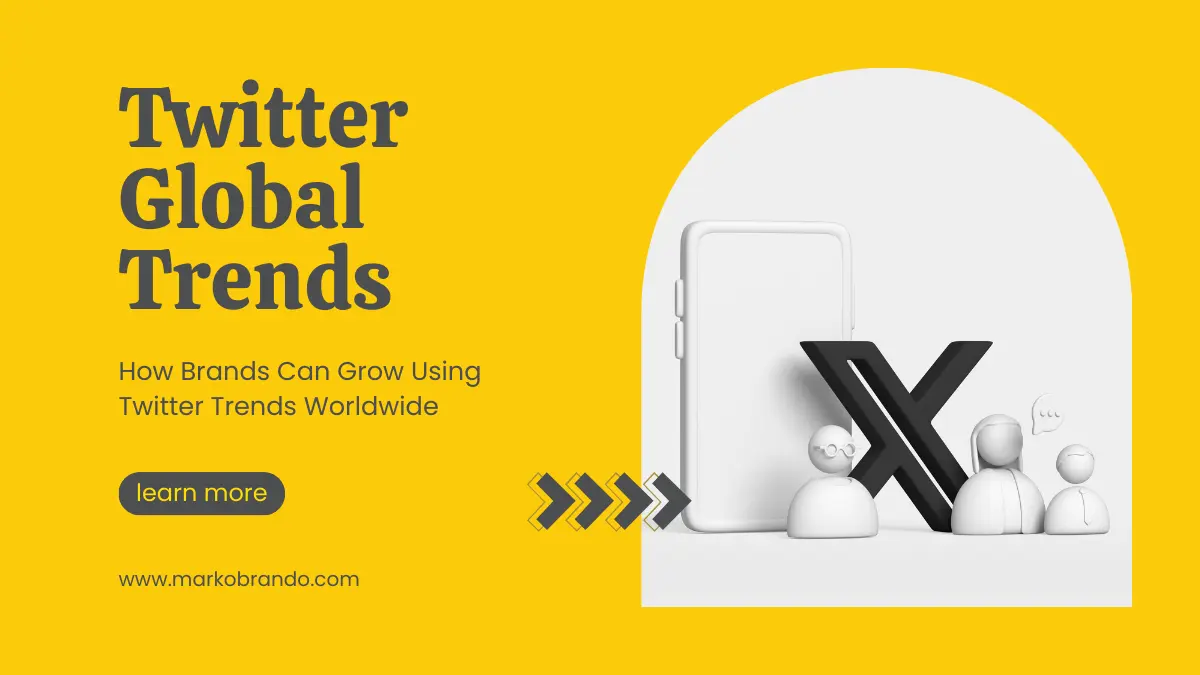
Third-Party Cookie Deprecation: What Web and Marketing Teams Should Know
With the looming phase-out of third-party cookies, web and marketing teams are facing a major shift in how they gather and use data. Third-party cookies, which have long been a staple for tracking user behavior and delivering targeted advertising, are being increasingly restricted due to privacy concerns. This change will impact how businesses understand their audience and measure campaign effectiveness. As we move toward a more privacy-conscious digital landscape, it's crucial for teams to adapt by exploring new strategies and tools for data collection and user engagement. This transition offers both challenges and opportunities for innovation in how businesses connect with their customers.
What is a Third-Party Cookie?
A third-party cookie is a small file placed on a user's device by a website that’s not the one the user is currently visiting. These cookies are primarily used for cross-site tracking, enabling marketers to follow users’ browsing behavior across multiple websites. This helps advertisers deliver personalized ads based on users’ interests, search history, and online activities.
However, privacy concerns have led to a growing pushback against such tracking methods. As a result, the industry is moving toward the deprecation of third-party cookies, meaning these cookies will no longer be supported by major web browsers, including Google Chrome. This shift aims to protect user privacy by limiting the ways businesses track user activities without their consent.
What is Google Chrome’s Third-Party Cookie Deprecation?
Google Chrome, the most widely used browser globally, has announced its plan for the third-party cookie deprecation, which has significant implications for web and marketing teams. But what is cookie deprecation in this context? It refers to the gradual phasing out of third-party cookies from browsers, preventing advertisers from tracking users across websites.
Google has been working on this for some time, initially planning to stop supporting third-party cookies by 2022 but later pushing the date to 2024. The goal is to replace third-party cookies with more privacy-friendly technologies like Google’s Privacy Sandbox. This approach aims to provide advertisers with relevant data without compromising user privacy.
The Rising Importance of First-Party Data
With the deprecation of third-party cookies, the focus is shifting toward first-party data. First-party data is information a company collects directly from its audience through its own websites, apps, and platforms. Unlike third-party cookies, first-party data collection respects user privacy, as it is gathered with consent and is used directly by the site users interact with.
For web and marketing teams, this shift means they need to invest more in building stronger relationships with customers. Gathering first-party data allows businesses to continue offering personalized experiences while respecting privacy regulations. Strategies like loyalty programs, email subscriptions, and user preference surveys can help businesses gather the necessary insights to replace the data they previously obtained through third-party cookies.
When is Google Deprecating Third-Party Cookies?
The timeline for Google Chrome’s third-party cookie deprecation has shifted multiple times. Initially set for 2022, Google pushed back the deadline due to industry pushback and the need for a smoother transition. The most recent deadline for cookie deprecation is now set for the second half of 2024.
This extension gives web and marketing teams more time to prepare for the deprecation of third-party cookies. However, it’s important not to delay making necessary adjustments. Businesses that start adapting early will have a competitive edge as they transition to new tools and strategies for user tracking and data collection.
What Happens Next?
After the third-party cookie deprecation, the digital advertising ecosystem will undergo significant changes. Ad targeting, which previously relied heavily on third-party cookies, will need to pivot toward other forms of data collection and tracking. This is where Google’s Privacy Sandbox and similar tools come into play. These new systems will focus on protecting user privacy while still allowing advertisers to reach relevant audiences.
One likely outcome of the deprecation of third-party cookies is the rise of context-based advertising. Instead of targeting users based on their individual behavior, ads will be placed in contexts that are relevant to the audience at that moment. For instance, an ad for outdoor gear might be shown in an article about hiking, regardless of who is reading the content.
Additionally, businesses may start relying more on walled gardens like Facebook and Google’s own ad platforms, which don’t depend on third-party cookies but instead use their own data collection systems.
What Web and Marketing Teams Should Know
The third-party cookie deprecation will challenge web and marketing teams, but it also provides opportunities for innovation and growth. Here’s what teams need to keep in mind:
- Start Preparing Now: Don’t wait until the final deadline. Begin transitioning your marketing strategies to rely more on first-party data. Use tools like Google Analytics, CRM systems, and customer data platforms to gather insights about your audience directly from your website and apps.
- Focus on Privacy: With cookie deprecation, privacy is becoming the central theme in digital marketing. Ensuring that all data collection is transparent and consensual will build trust with users. Brands that prioritize privacy will stand out in the new landscape.
- Explore New Ad Targeting Methods: With the deprecation of third-party cookies, marketers need to get creative. Contextual advertising, people-based marketing, and targeting via first-party data are all potential alternatives to the traditional cookie-based approach.
- Leverage Privacy Sandbox: Google’s Privacy Sandbox aims to provide solutions for advertisers while maintaining privacy. Web and marketing teams should stay updated on its developments and learn how to use it for ad targeting once the third-party cookie deprecation is complete.
- Collaborate Across Teams: Web and marketing teams should work together to ensure a smooth transition away from third-party cookies. IT teams, data analysts, and marketing strategists should collaborate to find the best tools and methods for tracking, targeting, and analytics post cookie deprecation.
How a Professional Can Help
With the third-party cookie deprecation, a professional can guide web and marketing teams through the changes. They can help businesses shift to new data collection methods, make sure privacy rules are followed, and find alternatives to tracking users without third-party cookies. Professionals can also help set up tools like Google’s Privacy Sandbox and make sure marketing strategies stay effective in this new landscape. Their expertise can make the transition smoother and keep businesses competitive.
One such company is Marko and Brando, known as the best website designing company in Kolkata. With a proven track record of delivering exceptional results for over 1,000 brands, we specialize in creating visually stunning, user-friendly websites that not only capture attention but also fuel business growth. Our team of experts is dedicated to turning your digital presence into a powerful brand asset that stands out in today's competitive landscape. Partner with us to elevate your brand and thrive in the evolving digital world.
FAQs
- What impact will the removal of third-party cookies have on the marketing industry?
Once third-party cookies are eliminated, you may face challenges in understanding consumer behavior across different websites. Without this tracking capability, understanding your audiences and effectively tailoring advertising campaigns might become more difficult. - What are the effects of 3P cookie deprecation?
According to Google, removing 3P cookies on their own would result in a 34% dip in programmatic revenue for advertisers using Ad Manager, and a 21% dip for those advertisers using AdSense. - What is the future of third-party cookies?
Everything changed in 2024 as Google announced they are not unilaterally getting rid of third-party cookies on Chrome after years of back-and-forth. Instead, they are going to invite users to make an “informed choice that applies across their web browsing”.

Article by
Marko & Brando
For businesses looking for impactful digital marketing services, Marko & Brando is the name to trust. Our data-driven strategies ensure maximum ROI, helping your brand reach new heights. Experience the power of digital transformation with our expertise.






